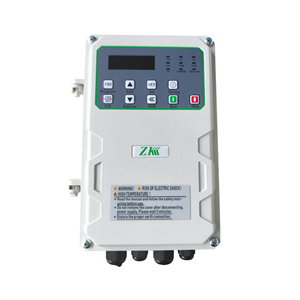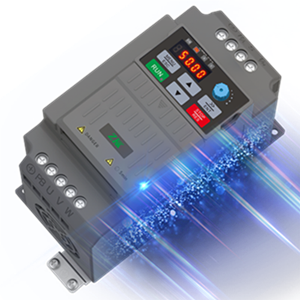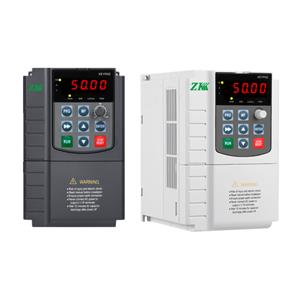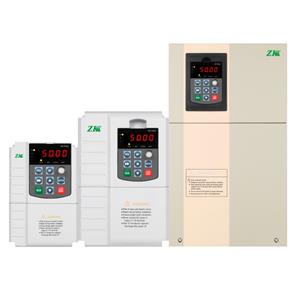-
2612-2025
Application of Backpack Pump Inverters
-
2210-2025
What happens when the solar panel's Isc exceeds the maximum input current of the solar pump inverter?
In 2025, solar pump systems faced significant attention due to excessive Isc (Isc) limits. This article explains the meaning of Isc (short-circuit current), the maximum input current of the ZK200-P inverter (2.3-45A), and causes of exceeding this limit (such as overconfiguration). Exceeding this limit can lead to energy waste or damage, and the ZK200-P offers MPPT protection.
-
1209-2025
Equipment composition and working principle of the water supply industry
Constant pressure water supply system features 1. Pump soft start, stop, no impact and overpressure hazard, no water hammer phenomenon; 2. Reliable operation: the frequency converter realizes the soft start of the pump, prevents the pipe network from impacting, avoids the pipe network pressure exceeding the limit, and the pipe is broken; 3. The equipment has high degree of automation, the water supply is stable and reliable, and the water quality has no secondary pollution; 4. Perfect protection function: a single pump fails, actively sends out alarm information, and starts the standby pump to maintain the water supply balance;
-
1209-2025
Livestock Watering with Solar Solutions
Amidst the persistent expansion of urbanization, there emerges a parallel escalation in the essental need for avant-garde and ecologically sustainable infrastructure. Within this arena, the pivotal modernization of urban hydric provision systems emerges as a salient facet of the metamorphosis into more intellectual urban agglomerations.
-
2108-2025
How Shading Affects Solar Pump System Performance
Partial shading is extremely harmful to solar pump systems. Due to the "hot spot effect" and "barrel effect" it triggers, even the smallest obstruction can cause the system's power output to plummet by over 50%, resulting in a sharp drop in water output, frequent equipment starts and stops, or even complete shutdown.




